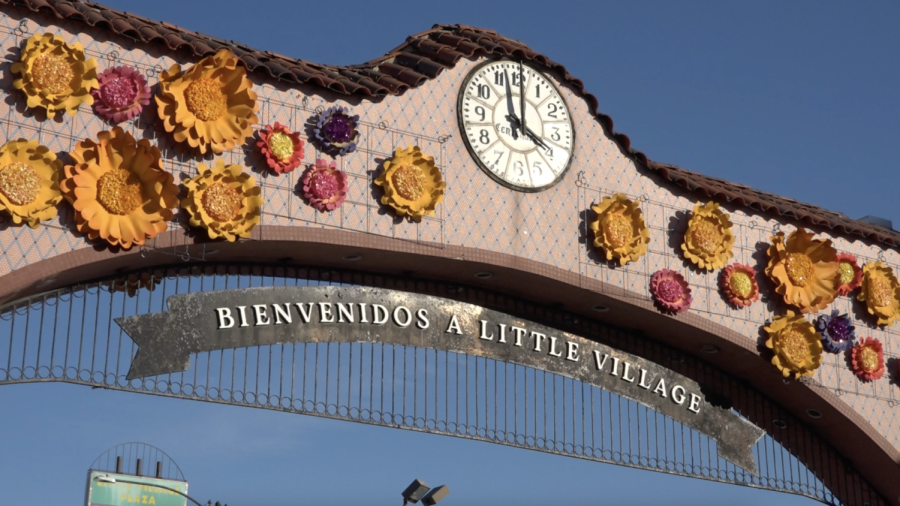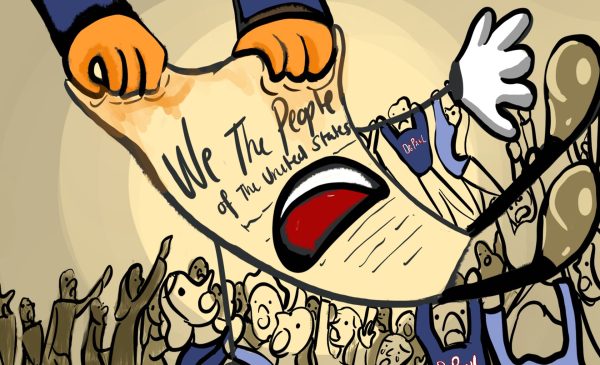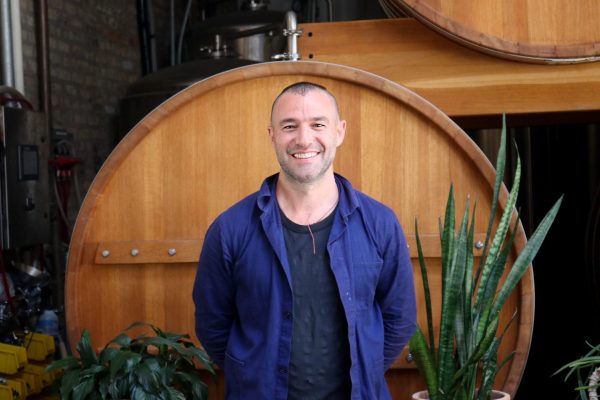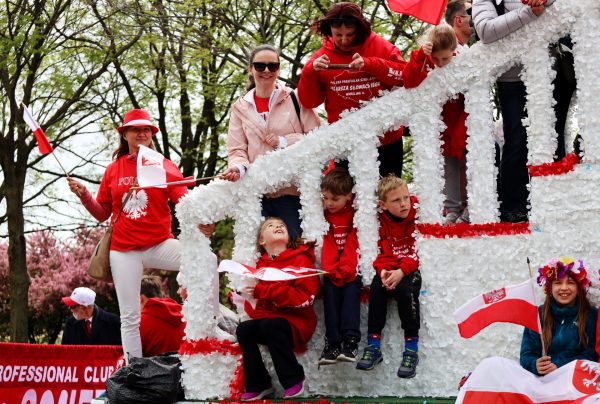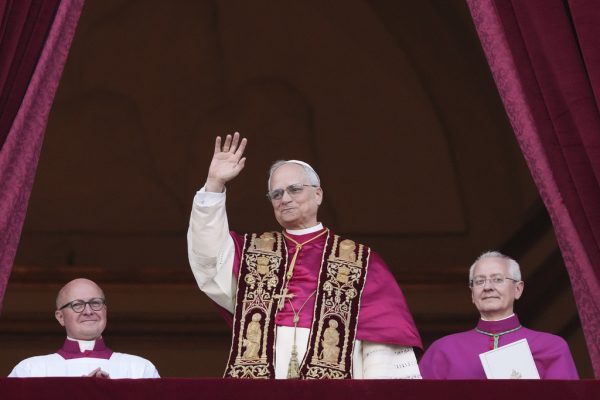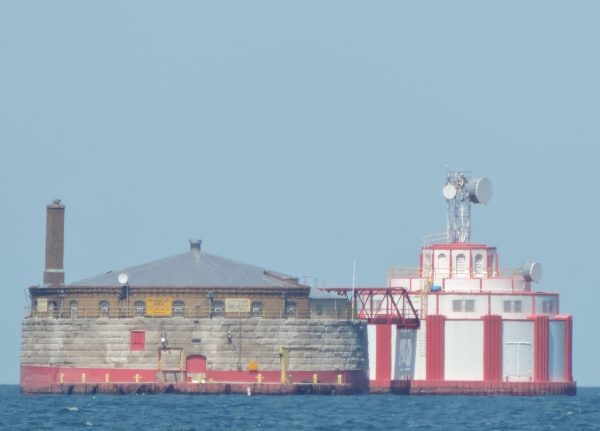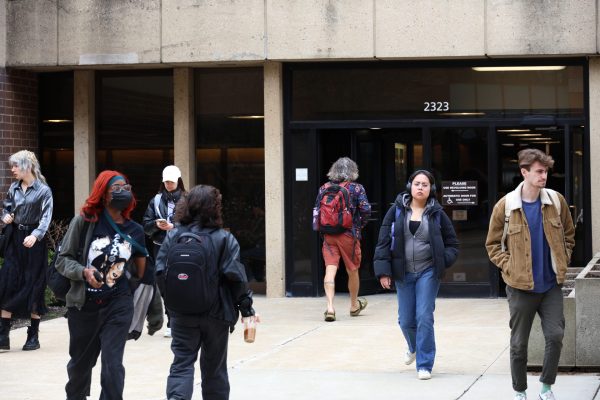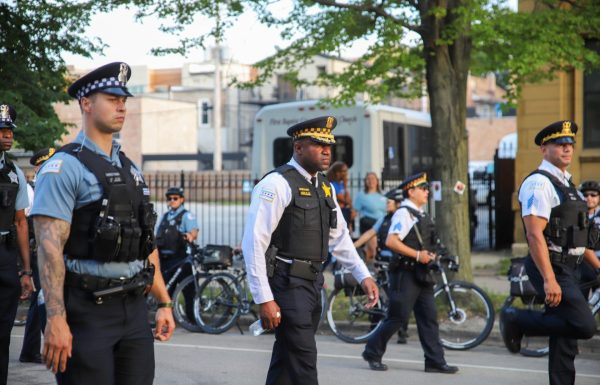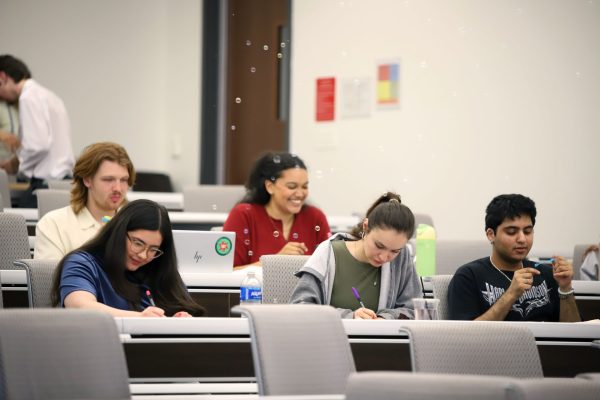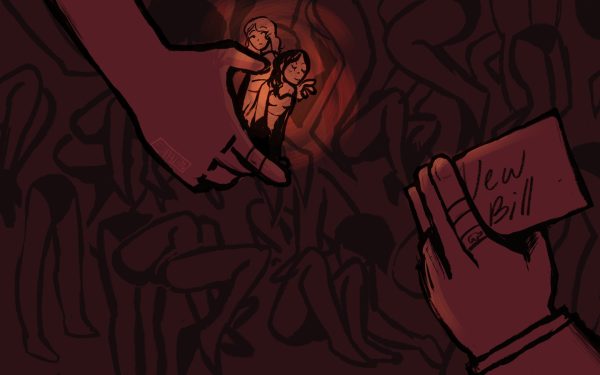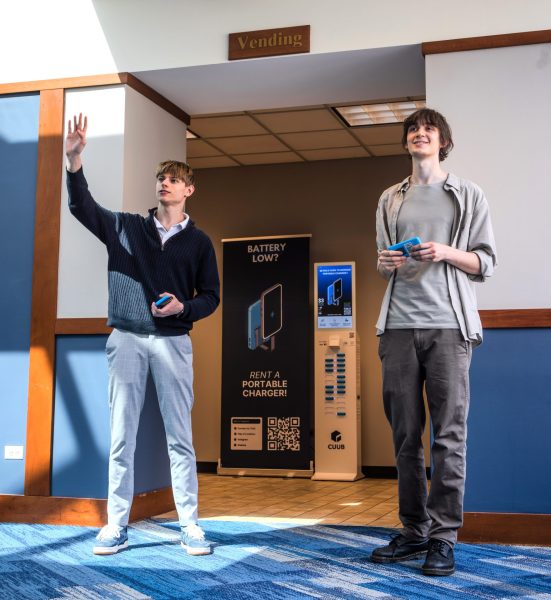Little Village residents speak out against high rate of unsolved homicide cases
The Little Village entry arch on 26th St. The gate is the first landmark many migrants, who are coming into the city, see when they are welcomed into the neighborhood.
The Little Village Community Council held a meeting of Mothers and Families United for Justice on Thursday.
The group is made up of residents who have lost a loved one to violence, and whose cases remain unsolved.
Southwest side resident Jessica Brant’s brother, Jesus Brant Jr., was 33 years old when he was killed last year in the 4200 block of Archer Avenue in the Brighton Park neighborhood.
The office near where Jesus Brant Jr. was shot had a plate reader and Archer Avenue had 16 cameras on it, according to Jessica Brant. Despite this, the suspected shooter was not charged. She was told by police that all the cameras and the plate reader were broken during the early morning hours when the shooting took place.
Jessica Brant said that officials on their case told them that they need a witness for charges to be brought, and although there is a bus driver that witnessed the shooting, that driver is afraid to testify, leaving the case in limbo.
Jessica Brant said she has been left largely in the dark about the case from politicians, including Alderman Raymond Lopez (15tht Ward).
“We were hoping that [Ald. Raymond Lopez] could give his support since he was running for mayor [at the time],” Brant said.
She and her mother are members of Mothers and Families United for Justice, an organization in Little Village that meets twice a month in search of answers for gun violence and ways to support those who have lost someone close to them.
According to Little Village Community Council president Baltazar Enriquez, the group is seeking legal help to encourage the city to solve the cases.
Catalina Andrade’s son Miguel Rios was killed on July 18, 2020.
Among the goals of Mothers and Families United for Justice has been getting closure for loved ones they have lost. This has proven to be difficult for the Latine community in Chicago.
According to a 2019 report from WBEZ Chicago, “the city had 849 murders between the beginning of 2018 and [July 2019]. When the victim was white, 47% of the cases were solved during those same 19 months. For Hispanics, the rate was about 33%.”
Mental health care and trauma treatment is another aim of the group.
“We want to make peace circles, therapy, holistic care,” Enriquez said.
In a 2017 analysis of mental health care among Latine communities in Chicago, cost was one of the most common reasons community members do not seek care, as well as lack of nearby services, lack of insurance and language barriers.
Little Village has a per capita income of $11,000, and 35% of residents live in poverty. Around 25% of Little Village residents are undocumented.
Even for services that are accessible, some who seek care find long waitlists.
“I [checked for availability], but they didn’t have availability until [later in] May,” said Mothers and Families United for Justice member Iris Hernandez.
The group has staged protests previously to try to get the FBI involved in their cases and to bring attention to the issue.


